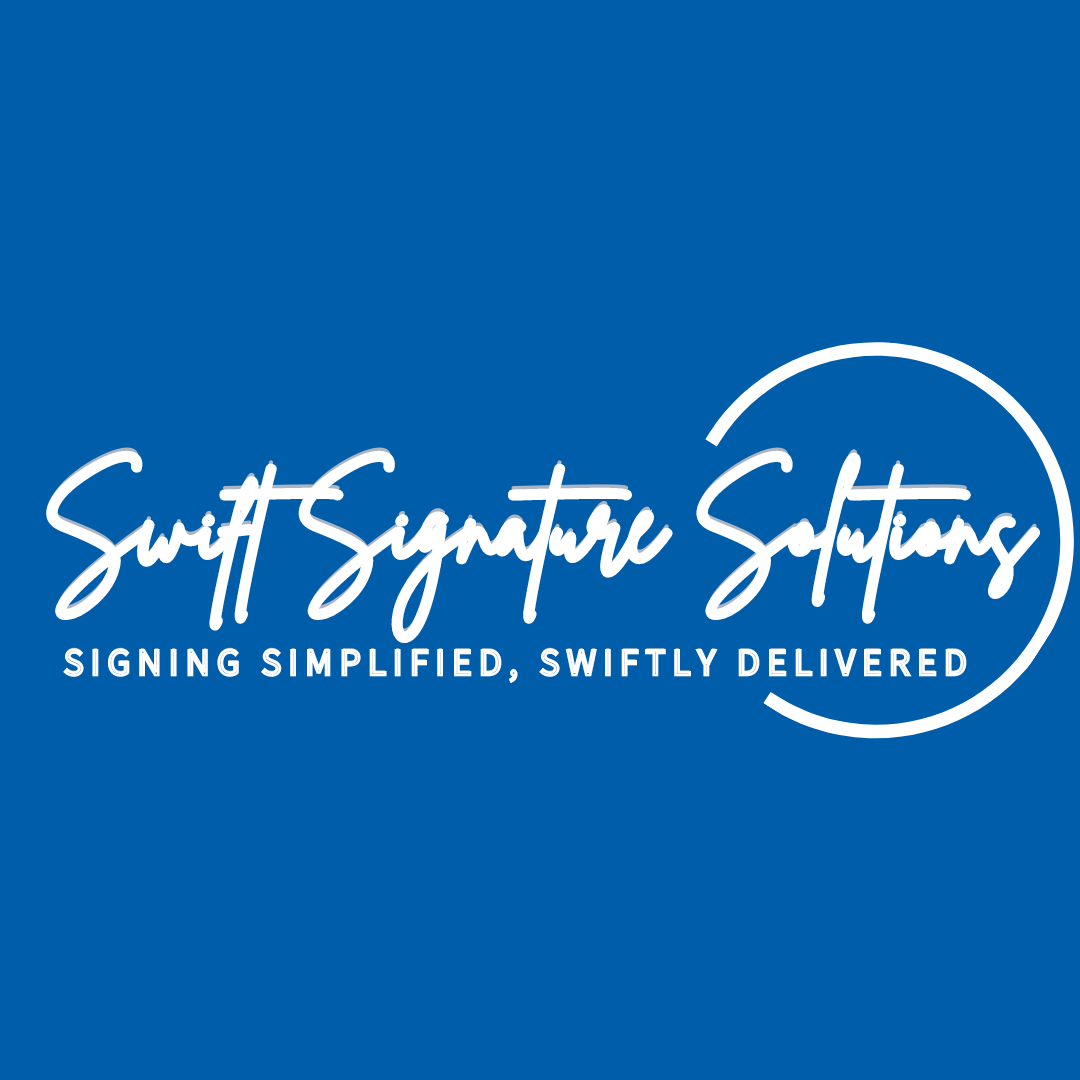
In today’s digital age, technology continues to reshape how we conduct various aspects of our lives, including notarization. Remote online notarization (RON) is one such advancement, offering convenience and efficiency. However, despite its benefits, many individuals remain apprehensive about its adoption. This blog post aims to address these concerns, demystify the process, and highlight the advantages of remote online notarization.
Understanding Remote Online Notarization
Remote online notarization allows notaries to perform notarizations for clients over the internet via secure, real-time video calls. Unlike traditional notarization, which requires in-person interaction, RON leverages digital tools to verify identities, witness signatures, and complete the notarization process. This method is legally recognized in many jurisdictions and adheres to strict security protocols to ensure authenticity and fraud prevention.
Common Concerns and Misconceptions
1. Security and Fraud Prevention
One of the primary concerns about RON is security. Many fear that without physical presence, the risk of fraud increases. However, remote online notarizations often incorporate more robust security measures than traditional methods. These include multi-factor authentication, knowledge-based authentication questions, and digital certificates. Furthermore, the entire session is recorded, providing a verifiable audit trail that is typically absent in traditional notarizations.
2. Technology Barriers
For those who are not tech-savvy, the idea of using online platforms for notarization can be daunting. However, RON platforms are designed to be user-friendly. They offer step-by-step guidance and support throughout the process. Notaries are also trained to assist clients, ensuring a smooth experience. Additionally, most devices with internet access, such as smartphones, tablets, or computers, can be used for RON, making it accessible to a broad audience.
3. Legal Validity and Acceptance
Another common apprehension is the legal validity of documents notarized online. It’s important to note that many states in the U.S. have enacted laws recognizing RON, and it is increasingly accepted for various legal documents, including real estate transactions, wills, and power of attorney. As more states adopt RON regulations and more industries embrace digital processes, the acceptance of remote notarizations continues to grow.
4. Loss of Personal Touch
Some individuals value the personal interaction that traditional notarization offers. They might feel that RON lacks this personal touch. While it’s true that RON changes the nature of interaction, it doesn’t eliminate the human element. Video calls allow for face-to-face communication, enabling notaries and clients to engage in real-time discussions. This can still foster a sense of connection and trust.
Benefits of Remote Online Notarization
1. Convenience and Accessibility
RON provides unparalleled convenience. Clients can complete notarizations from the comfort of their own homes, at any time, without the need to schedule in-person appointments. This is particularly beneficial for individuals with mobility issues, those living in remote areas, or anyone with a busy schedule.
2. Time and Cost Efficiency
By eliminating the need for travel and reducing waiting times, RON can save both time and money. There are no travel costs, and the process is typically faster, allowing clients to complete transactions more quickly. This efficiency is particularly advantageous in time-sensitive situations, such as real estate closings.
3. Enhanced Security
As mentioned earlier, RON employs advanced security measures that can surpass traditional notarization methods. The use of digital encryption, secure video conferencing, and comprehensive identity verification processes significantly reduces the risk of fraud. The recorded sessions also provide a reliable record, ensuring transparency and accountability.
4. Environmental Impact
RON also has a positive environmental impact by reducing the need for paper documents and minimizing travel-related carbon emissions. As more processes move online, the reduction in paper usage contributes to sustainability efforts.
Tips for a Smooth Remote Notarization Experience
1. Choose a Reputable Platform
Select a trusted RON platform with good reviews and strong security features. Research the platform’s credentials and ensure it complies with legal standards.
2. Prepare Your Documents
Have all necessary documents ready before the notarization session. Ensure they are complete and legible.
3. Verify Technology Requirements
Check the platform’s technology requirements in advance. Ensure your device has a stable internet connection, a functioning camera, and a microphone.
4. Follow Notary Instructions
Pay close attention to the notary’s instructions during the session. They are there to guide you through the process and ensure everything is completed correctly.
Remote online notarization represents a significant step forward in making legal processes more accessible, efficient, and secure. While it’s natural to have reservations about new technologies, understanding the safeguards and benefits of RON can help alleviate concerns. By embracing this innovative solution, individuals can enjoy the convenience and peace of mind that remote notarization offers, ultimately making their lives easier and more efficient.
